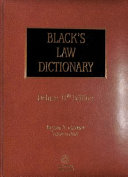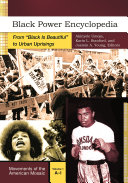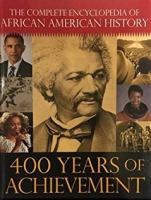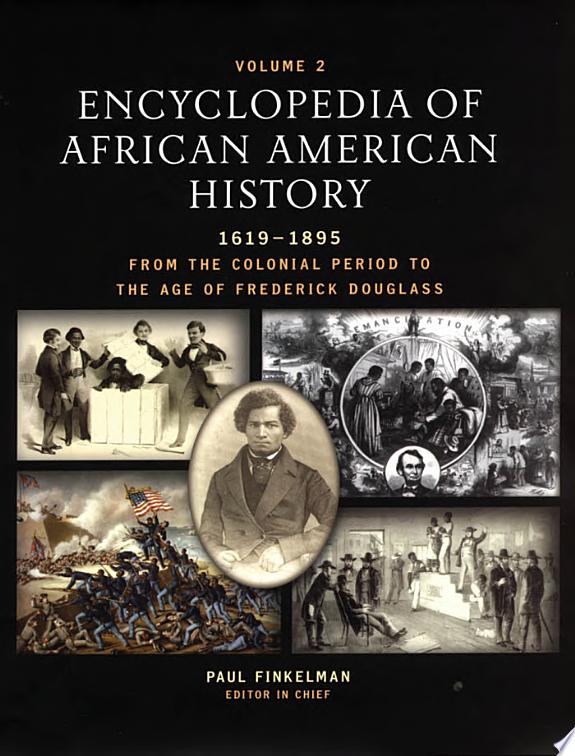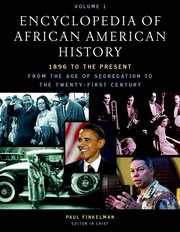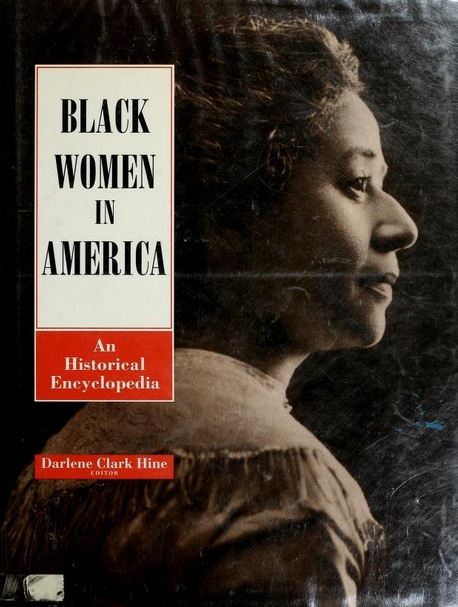It is impossible to understand America without understanding the history of African Americans. In nearly seven hundred entries, the Encyclopedia of African American History, 1619-1895 documents the full range of the African American experience during that period - from the arrival of the first slave ship to the death of Frederick Douglass - and shows how all aspects of American culture, history, and national identity have been profoundly influenced by the experience of African Americans.The Encyclopedia covers an extraordinary range of subjects. Major topics such as "Abolitionism," "Black Nationalism," the "Civil War," the "Dred Scott case," "Reconstruction," "Slave Rebellions and Insurrections," the "Underground Railroad," and "Voting Rights" are given the in-depth treatment one would expect. But the encyclopedia also contains hundreds of fascinating entries on less obvious subjects, such as the "African Grove Theatre," "Black Seafarers," "Buffalo Soldiers," the "Catholic Church and African Americans," "Cemeteries and Burials," "Gender," "Midwifery," "New York African Free Schools," "Oratory and Verbal Arts," "Religion and Slavery," the "Secret Six," and much more. In addition, the Encyclopedia offers brief biographies of important African Americans - as well as white Americans who have played a significant role in African American history - from Crispus Attucks, John Brown, and Henry Ward Beecher to Olaudah Equiano, Frederick Douglass, Sarah Grimke, Sojourner Truth, Nat Turner, Phillis Wheatley, and many others.All of the Encyclopedia's alphabetically arranged entries are accessibly written and free of jargon and technical terms. To facilitate ease of use, many composite entries gather similar topics under one headword. The entry for Slave Narratives, for example, includes three subentries: The Slave Narrative in America from the Colonial Period to the Civil War, Interpreting Slave Narratives, and African and British Slave Narratives. A headnote detailing the various subentries introduces each composite entry. Selective bibliographies and cross-references appear at the end of each article to direct readers to related articles within the Encyclopedia and to primary sources and scholarly works beyond it. A topical outline, chronology of major events, nearly 300 black and white illustrations, and comprehensive index further enhance the work's usefulness.
